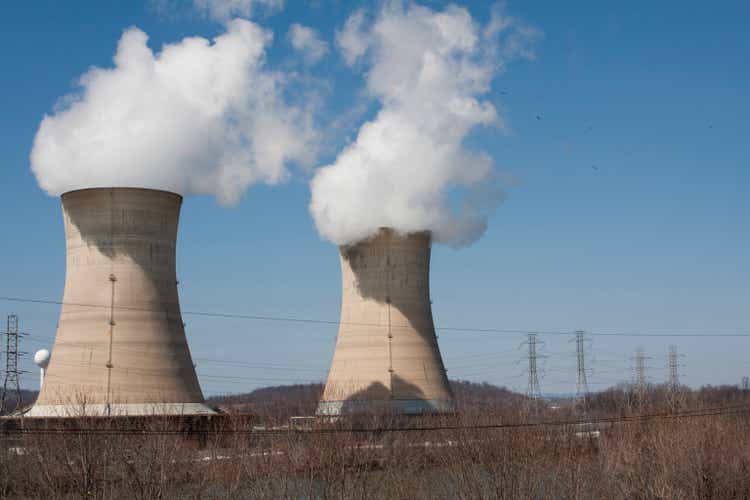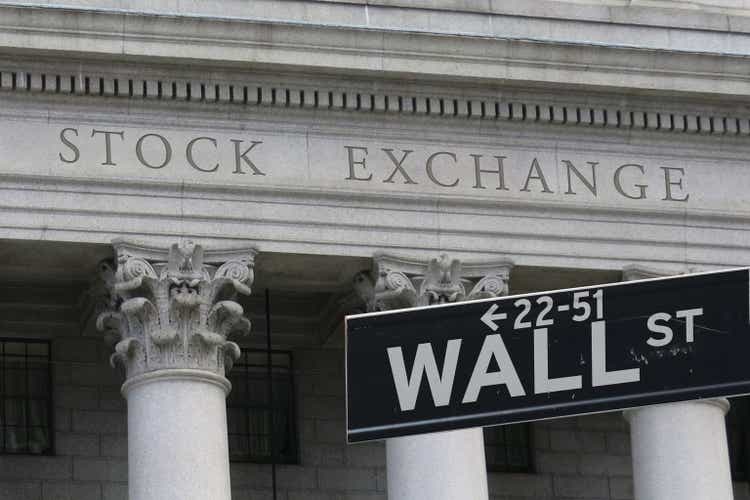Crude oil futures traded higher on Monday amid escalating tensions between Israel and Iran, raising fears of disruptions to global oil supplies. Both countries continued their attacks over the weekend, adding pressure to already volatile energy markets.
As of Monday afternoon, Brent crude futures for August delivery were trading at $74.65 per barrel, up 0.57 per cent, while WTI crude for August stood at $72.13, up 1.18 per cent. In India, crude oil contracts also gained on the Multi Commodity Exchange (MCX). The June contract rose by 1.25 per cent to Rs. 6,364 from the previous close of Rs. 6,285, while the July contract was up 1.15 percent at Rs. 6,231.
Also read: Auto sales May 2025: Bike sales rise, car demand slips, says SIAM
The sharp uptick follows Friday’s dramatic surge, when crude prices jumped as much as 13 percent during the session before closing nearly 7 per cent higher, driven by geopolitical concerns. Media reports noted that Israel’s latest strike targeted Iran’s South Pars gas field, forcing the shutdown of a production platform. The attack came days after Israeli forces reportedly hit Iranian nuclear and military sites.
Iran, a major oil producer and member of OPEC, has told regional mediators it is unwilling to negotiate a ceasefire under current conditions. The conflict has raised alarms over the stability of the Strait of Hormuz, a critical maritime passage through which nearly 20 percent of the world’s oil supply flows. Any disruption in the region could send prices soaring, analysts warn.
Iran currently produces around 3.3 million barrels per day (bpd) and exports over 2 million bpd of oil and fuel. OPEC+’s spare production capacity is roughly equal to Iran’s output, offering limited room for global supply replacement if exports are disrupted.
Meanwhile, U.S. President Donald Trump urged both countries to seek a deal but acknowledged that conflicts sometimes “have to be fought out.” Trump reiterated American support for Israel but stopped short of calling for a halt to military strikes. German Chancellor Friedrich Merz said the ongoing G7 summit in Canada could offer a platform to de-escalate the conflict diplomatically.
China’s economic data also influenced market sentiment. The country’s retail sales rose by 6.4 per cent year-on-year in May, beating expectations, but industrial output slowed slightly to 5.8 per cent. As one of the world’s largest oil consumers, China’s demand outlook remains a key factor for global crude trends. However, crude processing in China dropped 1.8 per cent in May, hitting its lowest level since August, due to maintenance at major refineries.
With tensions rising and energy markets on edge, analysts say oil prices could see further volatility in the days ahead, especially if the conflict in the Middle East deepens or leads to any physical supply disruptions.

 7 hours ago
1
7 hours ago
1



















 English (US) ·
English (US) ·